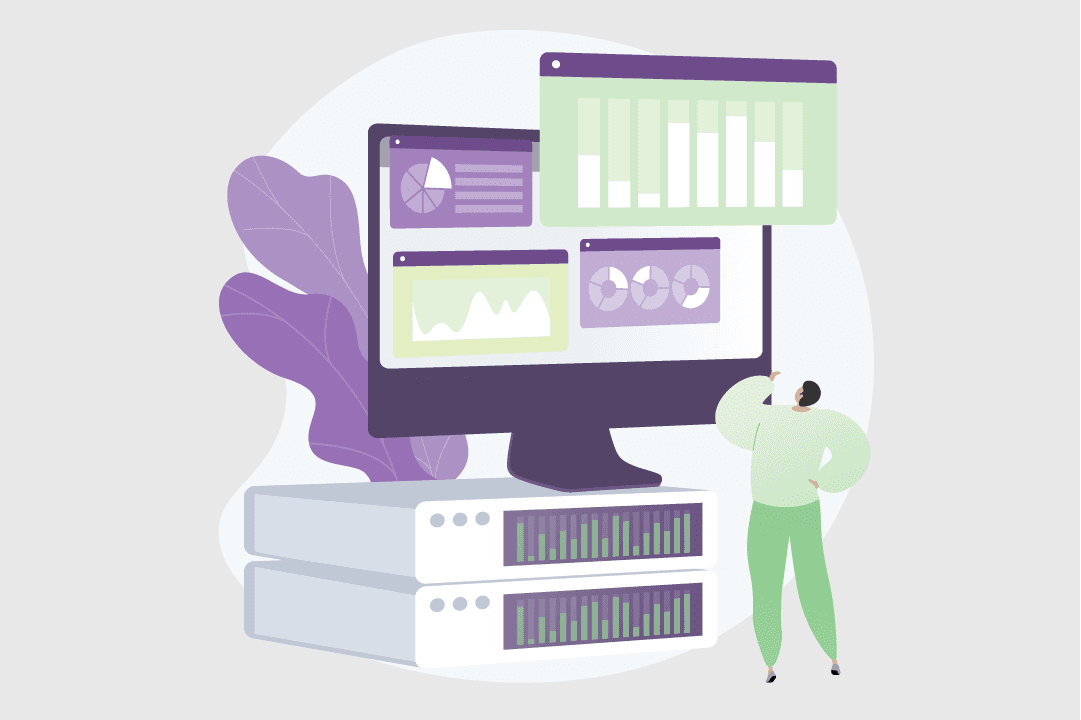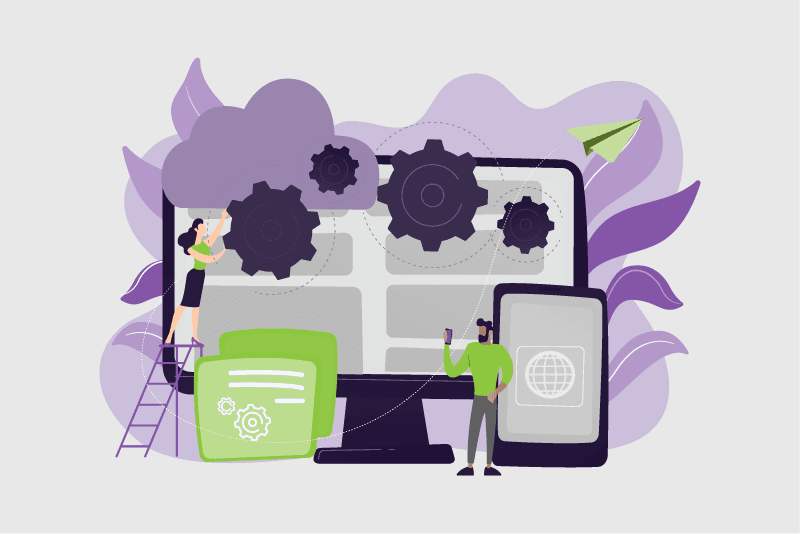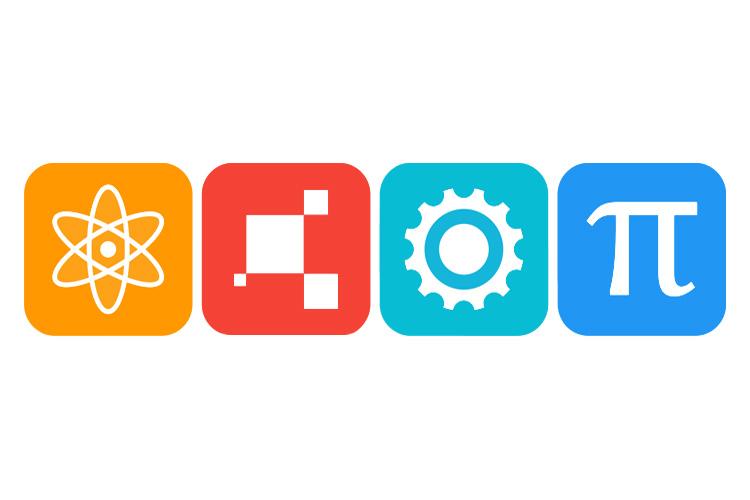Web developer job description
Let’s get real. Job information online can often be overly optimistic — conveniently glossing over the raw bits. But when you’re making decisions about your future, you need all the facts.
That’s why we anonymously surveyed web developers about their job, with hopes of getting an honest insight into what it’s really like.
While we did our best to ensure respondents were Australians and verified their job titles with proof of employment, we can’t guarantee complete accuracy — or that your experiences in the field will reflect theirs. So, we suggest that you take these insights as a guide only and try to talk to people in the field before making an important decision.
Tasks and responsibilities for a web developer
Day-to-day, the duties and responsibilities of web developers include:
- Building user interfaces from wireframe designs
- Building products using different programming languages, including HTML, CSS, PHP, Java, SQL, and JavaScript
- Coding and deploying applications
- Understanding what functionality and design a client needs for their web-based applications and functional website
- Creating and managing relevant databases for web-based applications
- Debugging and testing for errors and client-side usability
- Implementing cybersecurity protocols
How to become a web developer
-
Study
Get good foundational web development skills with a qualification like Certificate IV in Information Technology (Web Development) (ICT40120), or study website development, computer science, software engineering, or IT. Highly motivated people may also choose to self-study to pick up the relevant skills to put them on track for a web development career.
-
Get experience
Make your own website, or volunteer to make websites for friends starting a business. You could also offer to create a website for local community organisations. With experience, you can build a portfolio to show potential employers and clients.
-
Find work experience
You can find an internship or job placement with working web developers as you study.
-
Get a web developer role
Once you have a solid grounding in what a web developer does and have a track record of developing, you become e a strong candidate for entry-level web developer positions and be on your way to becoming a successful web developer.
Pathway options
As you gain experience as a web developer, you may be able to move into higher-level roles, with potential career paths like:
Junior
-
Junior web developer
-
QA tester
-
Software tester
Mid
-
Frontend web developer
-
Web developer
Senior
-
Full stack developer
Explore related qualifications
Certificate IV Information Technology
The Certificate IV in Information Technology (ICT40120) is designed to equip students with essential skills across core IT functions, including networking, system administration, IT support, and cybersecurity basics. It blends hands-on technical training with practical problem-solving to prepare learners for entry-level roles in the IT industry.
Graduates can pursue careers such as IT support technician, help desk officer, or systems administrator assistant.
The course can typically be completed in 12 months, with part-time and online learning options available. Many providers offer flexible payment plans to make study more accessible.
4 providers offer this course




Diploma of Information Technology
The Diploma of Information Technology (ICT50220) offers advanced training in areas like software development, cloud computing, database management, and cybersecurity. It’s ideal for those looking to deepen their IT expertise or step into specialist or leadership roles.
Upon completion, students may qualify for positions such as network administrator, IT project officer, software developer, or systems analyst.
This diploma usually takes 12–18 months to complete and is available through full-time, part-time, or blended learning formats. Flexible payment options are commonly offered by training providers.
7 providers offer this course







Related subjects
If you’re interested in being creative with technology, you may also be interested in:
Related articles
Learn more about forging a career in IT with our guides, expert insights and real-world stories.
Reviews
Reviews are from Australian workers with this job title or a very closely related one.
Is this your job title?
Share your thoughts and help people decide if this job is right for them.
- All
- Positive
- Negative
Jake
Nov 20 2021Generally it's a great job.
What are the best parts of the job?
Getting along with colleagues, they're great.
What's the most challenging part?
When customers come up with a new 'solution', and it's not very good, but they insisit on doing it their way.
Max
Nov 03 2021Challenges me to be creative.
What are the best parts of the job?
The best parts of the job are having the ability to create and solve problems that require creative thinking and experimentation.
What's the most challenging part?
The most challenging part is meeting certain deadlines on some projects.
Julian
Nov 13 2021Web dev is an awesome job.
What are the best parts of the job?
Everything! I love my job.
What's the most challenging part?
Nothing, really. I like it all.



























